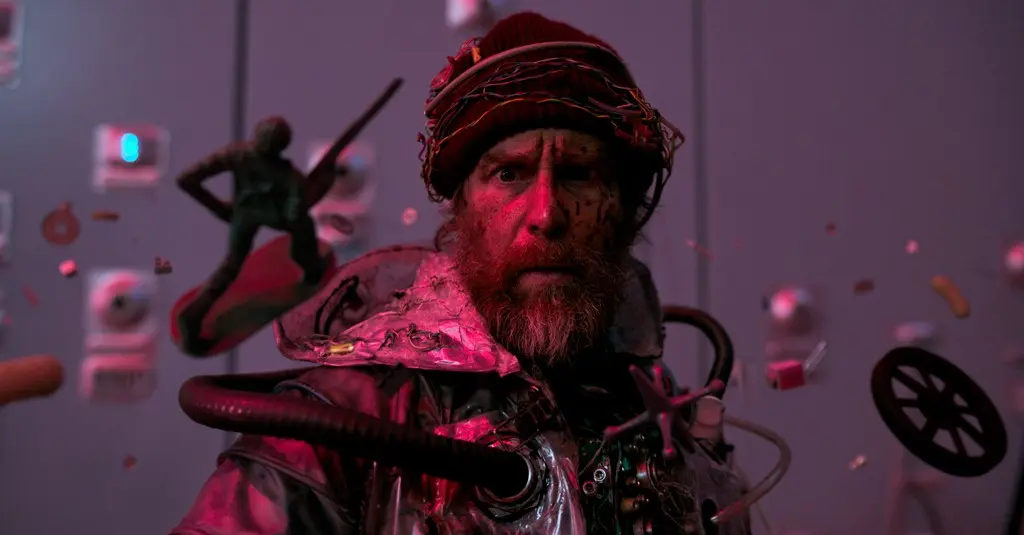Often confused with soundtracks, which contain mostly source material (songs with lyrics), a score is instrumental music composed and performed for a specific movie. For some people, the only thing they will listen to are film scores and quite a few in the know think it is overall the most interesting genre in present-day music.
Funded entirely by a Kickstarter campaign, former CBS TV journalist-turned-director Matt Schrader’s first and, to date, only feature, “Score: A Film Music Documentary” (SAFMD) isn’t a complete overview of a vastly underappreciated and overlooked facet of movie production, yet it is as thorough as it can be with its bullet-point approach.





